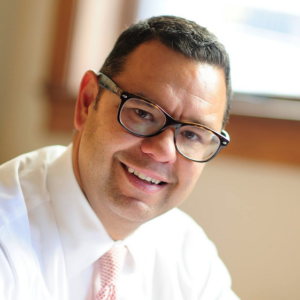Lack of Remorse May Encourage Adult Charges
Having a lack of remorse about a crime may encourage a judge to charge a juvenile as an adult.
Sorry, not sorry

When a juvenile commits a crime, the prosecution may discuss whether or not the youth should be charged as an adult. This is most often the case for more heinous crimes such as murder. When a juvenile has a lack of remorse for the crime, it is harder for his defense to prove him to be nothing more than an immature person who made a big mistake. Showing a lack of remorse may spell out a criminal nature, or a sociopath in the making.
Not something to brag about
Even if a juvenile shows remorse in the courtroom, what he does prior to that will be taken into account. Youth who brag about their crime to peers or continually blame the victim in the case may be accused of lack of remorse and therefore struggle to prove to the judge that they feel sorry. Remorse should begin the second the crime has been committed, or once the shock of the situation wears off. Any action contrary to that will be noted by authorities and may be used against the defendant.
Counseling suggested

Frequently, youth who are responsible for causing pain or death of another may be in denial of what they have done or their brain may block out the event to protect their mental wellbeing. For this reason, the accused may appear as though they have a lack of remorse, when in fact they are merely dealing with the crime as they would any other tragic situation, by blocking it out. When this is the case, counseling may help them to come to terms with the charges and their grief so they can feel and show their remorse. For any youth who are facing possible adult charges, it is important to speak with a juvenile defense attorney immediately.
